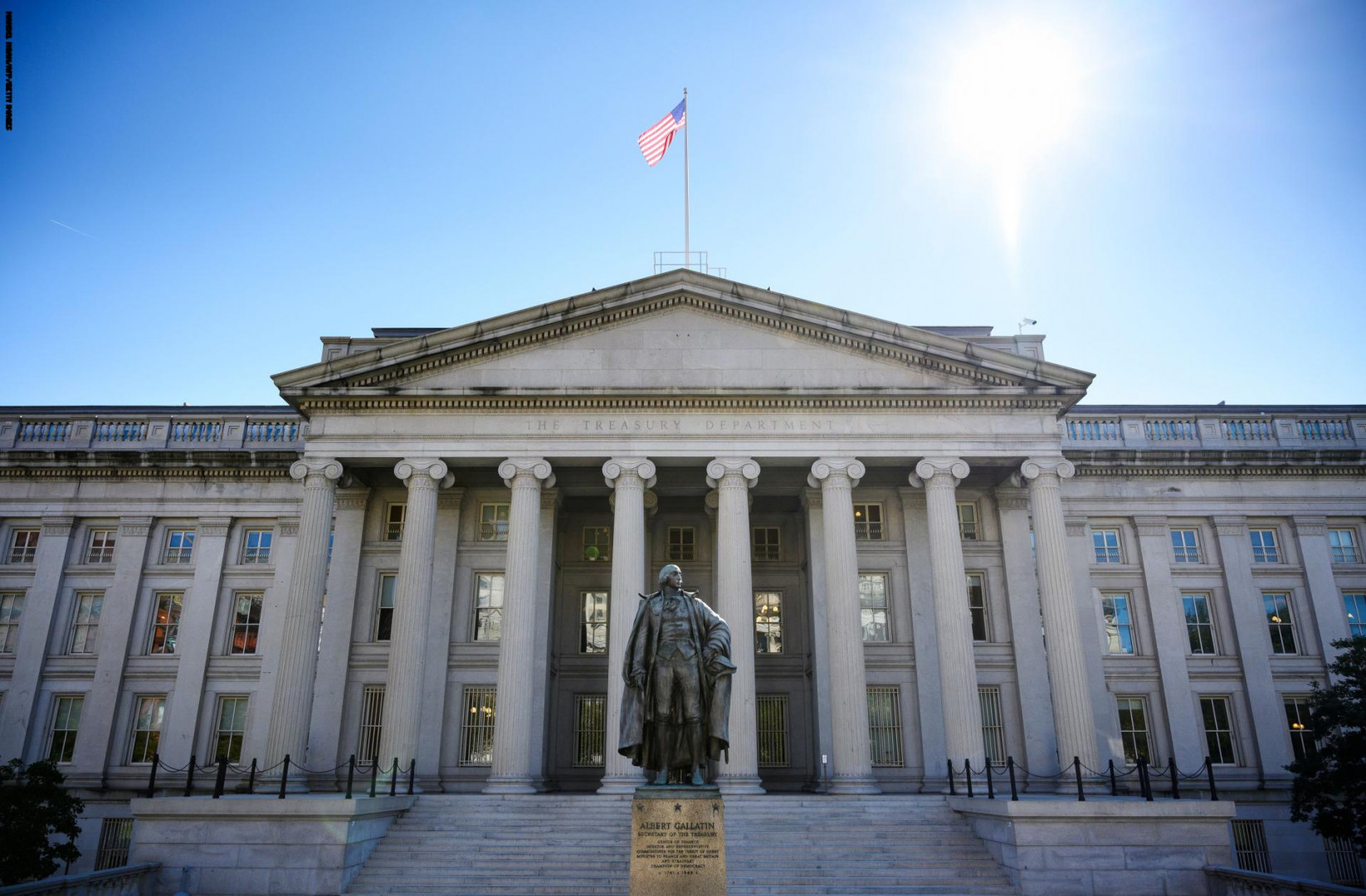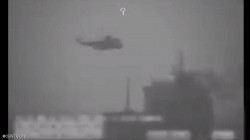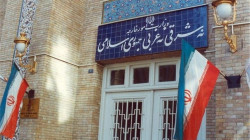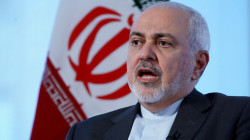US Treasury imposes sanctions on entities and individuals linked to Iran's UAV program

Shafaq News/ In response to Iran's recent attack on Israel, the United States Department of the Treasury's Office of Foreign Assets Control (OFAC) has announced targeted sanctions on several entities and individuals associated with Iran's unmanned aerial vehicle (UAV) program.
The sanctions target 16 individuals and two entities involved in enabling Iran's UAV production, including the engine types powering Iran's Shahid variant UAVs, which were used in the attack on Israel. These actors operate on behalf of Iran's Islamic Revolutionary Guard Corps-Quds Force (IRGC-QF) and its UAV production arm, Kimia Part Sivan Company (KIPAS), along with other Iranian manufacturers of UAVs and UAV engines.
Among those sanctioned are executives of Oje Parvaz Mado Nafar Company (Mado Company), an Iran-based UAV engine manufacturer that produces engines for Iran's Shahed-131 and Shahed-136 UAVs. Additionally, Aseman Pishraneh Co. Ltd (Aseman Pishraneh), which services small aircraft engine models used in Iranian UAVs, has also been targeted.
Furthermore, the Treasury Department has imposed sanctions on five companies providing component materials for steel production to Iran's Khuzestan Steel Company (KSC), a major steel producer in Iran. These companies in multiple jurisdictions play a role in sourcing materials essential for steel production, which generates significant revenue for Iran's economy.
The sanctions also extend to three subsidiaries of Bahman Group, a previously designated entity for supporting the IRGC. Bahman Group's subsidiaries, including Bahman Diesel Co. and Iran Docharkh Co., have been implicated in providing support to Iran's military operations, including those involving UAVs and missiles.
Secretary of the Treasury Janet L. Yellen emphasized the coordinated nature of these sanctions with the United Kingdom and other partners, underscoring the commitment to respond swiftly and decisively to Iran's aggressive actions. The goal is to degrade Iran's UAV program and reduce its revenue streams supporting terrorism.
In addition to these targeted measures, the Department of Commerce's Bureau of Industry and Security (BIS) is imposing new controls to restrict Iran's access to technologies, such as basic commercial-grade microelectronics, further tightening the economic pressure on Iran.
"Today, we are holding Iran accountable—imposing new sanctions and export controls on Iran." President Joe Biden in a statement accompanying the announcement.
"The sanctions target leaders and entities connected to the Islamic Revolutionary Guard Corps, Iran's Defense Ministry, and the Iranian government's missile and drone program that enabled this brazen assault." He explained, expressing G7 leaders committement "to acting collectively to increase economic pressure on Iran. And our allies and partners have or will issue additional sanctions and measures to restrict Iran's destabilizing military programs."
Biden pointed out that during his Administration, the United States has sanctioned over 600 individuals and entities—including Iran and its proxies, Hamas, Lebanon's Hezbollah, the Yemeni Houthis (Ansarallah), and Kataib Hezbollah in Iraq." And we will keep at it. I've directed my team, including the Department of the Treasury, to continue to impose sanctions that further degrade Iran's military industries."
Biden reaffirmef Washighton's committement to Israel's security.
"We are committed to the security of our personnel and partners in the region. And we will not hesitate to take all necessary action to hold you accountable." He concluded.
Over the weekend, Iran launched over 300 missiles and drones toward Israel in retaliation for an Israeli airstrike on its compound in Damascus, which resulted in the deaths of senior Iranian military officials.
Israel said it "successfully intercepted most of the incoming projectiles in collaboration with the United States and regional allies." However, the Israeli media revealed later that the Iranian targeting affected some critical areas, such as Nevatim Airbase.
Israeli Channel 13 reported that Iran's recent attack using ballistic missiles represented an unprecedented magnitude, surpassing any previous attack of its kind conducted by any country in the world.
Iran's recent attack undoubtedly raised tensions, marking the first foreign state attack on Israel since 1991.





